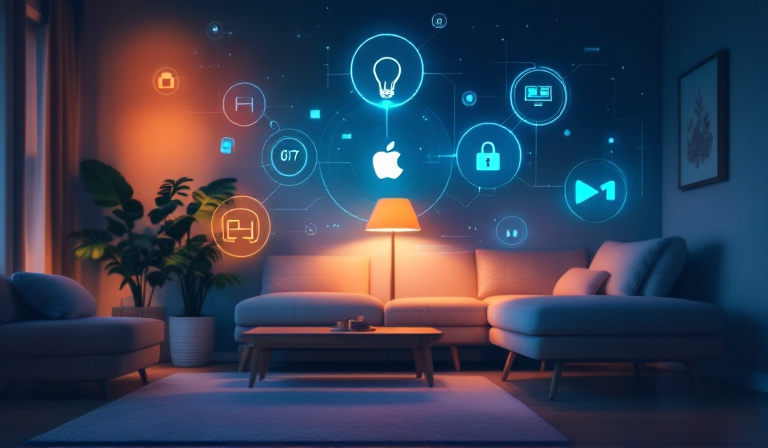In recent years, smart home technology has become an integral part of modern living, promising convenience, energy efficiency, and enhanced security. However, as with any technological advancement, it's essential to weigh the advantages and disadvantages before making significant upgrades. If you're contemplating transforming your traditional abode into a smart home, consider these pros and cons to determine if your home is ready for the transition.
Pros of Smart Home Upgrades
- Convenience and Control: Smart home devices allow you to control your home environment with just a few taps on your smartphone or through voice commands. Whether it's adjusting the thermostat, turning off lights, or locking doors, the ease of managing your home remotely can save time and effort.
- Energy Efficiency: Smart thermostats and lighting systems optimize energy usage by adapting to your schedule and preferences. This not only reduces your carbon footprint but can also significantly lower utility bills over time.
- Enhanced Security: With smart security systems, including cameras, alarms, and smart locks, you can monitor your home in real-time, receive alerts, and even grant access to trusted individuals remotely. This adds a robust layer of security that traditional systems might lack.
- Customization: Smart home technology offers a high level of customization, allowing you to set routines and automate tasks. For instance, you can program lights to simulate your presence when you are away, enhancing security and convenience.
- Increased Property Value: Installing smart home features can potentially increase your property's market value. Buyers may be willing to pay a premium for homes equipped with advanced technology, making it a worthwhile investment.
Cons of Smart Home Upgrades
- Costly Initial Investment: The upfront cost of purchasing and installing smart devices can be a significant barrier for many homeowners. While the long-term savings can justify the expense, the initial investment is something to consider.
- Complexity and Compatibility Issues: With numerous brands and devices on the market, ensuring compatibility among various smart home systems can be challenging. The complexity of setting up and maintaining these systems might require professional assistance, adding to the cost and complexity.
- Privacy Concerns: As smart devices collect and transmit data, concerns about privacy and data security are valid. It’s crucial to ensure secure networks and updated software to protect your personal information from potential breaches.
- Dependence on Internet Connectivity: Smart homes rely heavily on a stable internet connection. Any disruption in connectivity can render your devices ineffective, leading to inconvenience.
- Potential for Rapid Obsolescence: Technology evolves rapidly, and smart devices can quickly become outdated. Staying current might require frequent updates or replacements, adding to long-term costs.
Is Your Home Ready for Smart Upgrades?
Before diving into smart home technology, assess if your home is prepared for these upgrades. Here are a few tips to get started:
- Evaluate Your Needs: Identify the areas where smart technology could benefit you the most. Whether it's enhancing security, improving energy efficiency, or boosting convenience, understanding your priorities can guide your decisions.
- Start Small: If you're unsure about a full-scale upgrade, begin with a few basic smart devices like a smart speaker or a smart plug. This allows you to experience the benefits of smart technology without a large financial commitment.
- Ensure Strong Wi-Fi Coverage: Invest in a robust Wi-Fi network to support your smart devices. Consider using range extenders or a mesh network to ensure consistent coverage throughout your home.
- Prioritize Security: Secure your network with strong passwords and keep your devices' firmware updated. Consider devices from reputable brands known for their security features.
- Plan for the Future: As you upgrade, choose systems that are scalable and compatible with newer technologies. This will help minimize obsolescence and ease future expansions.
In conclusion, smart home upgrades offer numerous benefits but require careful consideration of potential downsides and readiness of your home. By evaluating your needs, starting small, and ensuring a secure and robust setup, you can create a smart home that enhances your lifestyle while offering peace of mind.
